Water scarcity is the main reason behind the suicide of farmers according to an approach paper on the 12th Five Year Plan (2012 to 2017) prepared by two Tamil Nadu-based experts.
Water scarcity is the main reason behind the suicide of farmers according to an approach paper on the 12th Five Year Plan (2012 to 2017) prepared by two Tamil Nadu-based experts.
“According to the National Crime Records Bureau, one farmer commits suicide every 30 minutes. The main cause of these suicides is non-availability of water at the initial stage of the crops leading to the ruining of crops and the subsequent debt trap,” Prof PM Natarajan, director, Centre for Climate Change, Periyar Maniammai University, Tanjore and Shambu Kallolikar, a young IAS officer who is secretary to the governor of Tamil Nadu argues in a paper they submitted to the Planning Commission.
The Planning Commission said on Saturday that optimum use of water resources is one of the pre-requisites for the proposed 9 per cent growth envisaged in the 12th Five Year Plan.
Prof Natarajan and Kallolikar say that unless major rivers in the country are inter-linked through a network of canals and the flood water which is drained into the seas harvested, India is in for a serious water and food crisis within the next decade. Natarajan is a hydro-geologist of repute.
The duo has called for immediate steps to launch the project to inter-link the country’s major rivers. Prof Natarajan says that during a normal monsoon year, India wastes into the sea 1263 billion cubic meters (BCM) of precious water.
“Our present per capita annual water storage is a just 200 cubic meter while that of USA is 6,000 cubic meters. Brazil has 3388 cubic meter per capita storage capacity while China has 2500 cubic meters,” he told DNA while explaining the salient points in the approach paper.
A three-year-long study by Kallolikar and Natarajan has proved that India’s water scarcity is the result of non-sharing. “The flood water or the surplus water in major rivers could be transferred to regions and basins facing severe water shortage. But the major stumbling block is the fear among the political class whether they would lose their well-nourished vote banks,” said Prof Natarajan. He pointed out that while some regions like Tamil Nadu face perennial drought certain regions in the country are tormented by floods round-the-year.
Prof Natarajan, points out that according to Central Water Commission the per capita annual water resources of the country will come down from the present 1820 cubic meters to 1341 cubic meters within ten years. “We are in for worst scenarios like that of Somalia,” he warned.
More than five lakh farmers from the Cauvery Delta, the Rice Bowl of Tamil Nadu, have migrated to cities as far as Kochi and Mumbai due to water shortage in the last three years. But Kattumannarkoil Kannan, a Cuddalore farmer and RV Giri, leader of the Consortium of Indian Farmers Association, said more than 20 per cent of farmers in the Delta Region have stopped farming operations due to a host of reasons ranging from water scarcity and labour shortage. "The price of rice shot up to Rs45 a kg because farmers in the Delta decided to go ahead with crop holidays. What we are getting as procurement prices is just peanuts," said Giri.
Besides addressing the shortage of water, the inter basin transfer of surplus water could be used to produce clean and green energy, said Prof Natarajan. “We can generate 34, 000 MW of green energy through mini, micro and medium hydro electric projects once the rivers are inter linked,” he said. A study by the duo found that the Mettur Dam in Tamil Nadu could be filled to capacity in nine hours with a portion of the flood waters in Godavari River.
![submenu-img]() Ganesh Chaturthi 2024 shubh muhurat: Check city wise puja timings, visarjan date, and bhog for Ganpati Bappa
Ganesh Chaturthi 2024 shubh muhurat: Check city wise puja timings, visarjan date, and bhog for Ganpati Bappa![submenu-img]() 'Leaders in Delhi never liked me…’ Omar Abdullah alleges poll 'conspiracy'
'Leaders in Delhi never liked me…’ Omar Abdullah alleges poll 'conspiracy'![submenu-img]() Boney Kapoor announces new film, its title has a Mr India connect: 'Probably by December we...'
Boney Kapoor announces new film, its title has a Mr India connect: 'Probably by December we...'![submenu-img]() Meet actress, who worked for 17 hours straight on toxic sets, her mental health was affected, left industry, is now...
Meet actress, who worked for 17 hours straight on toxic sets, her mental health was affected, left industry, is now...![submenu-img]() Over 200 Patients celebrate freedom from diabetes in Madhavbaug's nationwide campaign 'Azadi Diabetes Se'
Over 200 Patients celebrate freedom from diabetes in Madhavbaug's nationwide campaign 'Azadi Diabetes Se'![submenu-img]() Haryana Assembly Election 2024: हरियाणा में कांग्रेस प्रत्याशियों की पहली लिस्ट जारी, इस सीट से चुनावी मैदान में उतरी विनेश फोगाट
Haryana Assembly Election 2024: हरियाणा में कांग्रेस प्रत्याशियों की पहली लिस्ट जारी, इस सीट से चुनावी मैदान में उतरी विनेश फोगाट![submenu-img]() Hathras Accident: यूपी के हाथरस में बड़ा सड़क हादसा, 15 लोगों की मौत, कई घायल
Hathras Accident: यूपी के हाथरस में बड़ा सड़क हादसा, 15 लोगों की मौत, कई घायल![submenu-img]() Weather Alert: महाराष्ट्र-गुजरात में जोरदार बारिश, आंध्र-तेलंगाना में बाढ़, जानें दिल्ली-एनसीआर के लिए क्या है अलर्ट
Weather Alert: महाराष्ट्र-गुजरात में जोरदार बारिश, आंध्र-तेलंगाना में बाढ़, जानें दिल्ली-एनसीआर के लिए क्या है अलर्ट![submenu-img]() J-K विधानसभा चुनाव: 'आर्टिकल 370 को हम कभी वापस नहीं आने देंगे', अमित शाह ने जारी किया BJP का संकल्प पत्र
J-K विधानसभा चुनाव: 'आर्टिकल 370 को हम कभी वापस नहीं आने देंगे', अमित शाह ने जारी किया BJP का संकल्प पत्र![submenu-img]() Kanhaiya Lal Murder: कन्हैयालाल हत्याकांड मे�ं दूसरे आरोपी जावेद को भी मिली बेल
Kanhaiya Lal Murder: कन्हैयालाल हत्याकांड मे�ं दूसरे आरोपी जावेद को भी मिली बेल![submenu-img]() DNA Auto Awards 2024: Maruti Suzuki Swift nominated for ‘CAR OF THE YEAR’; check price, features
DNA Auto Awards 2024: Maruti Suzuki Swift nominated for ‘CAR OF THE YEAR’; check price, features![submenu-img]() DNA Auto Awards 2024: Hyundai Alcazar Facelift nominated for ‘CAR OF THE YEAR’; check details
DNA Auto Awards 2024: Hyundai Alcazar Facelift nominated for ‘CAR OF THE YEAR’; check details![submenu-img]() Hyundai Creta Knight Edition launched in India: Check price, features, design
Hyundai Creta Knight Edition launched in India: Check price, features, design![submenu-img]() DNA Auto Awards 2024: Citroen Basalt nominated for ‘CAR OF THE YEAR’; check price, features
DNA Auto Awards 2024: Citroen Basalt nominated for ‘CAR OF THE YEAR’; check price, features![submenu-img]() DNA Auto Awards 2024: Tata Curvv nominated for ‘CAR OF THE YEAR’; check price, features
DNA Auto Awards 2024: Tata Curvv nominated for ‘CAR OF THE YEAR’; check price, features![submenu-img]() UPSC topper IAS Shruti Sharma's marksheet goes viral on social media, check her scores in different subjects
UPSC topper IAS Shruti Sharma's marksheet goes viral on social media, check her scores in different subjects![submenu-img]() Meet man, who lost his mother in childhood, worked as milk seller, cracked NEET exam with AIR...
Meet man, who lost his mother in childhood, worked as milk seller, cracked NEET exam with AIR...![submenu-img]() Meet man who failed 35 exams, cracked UPSC exam twice, first became IPS then quit due to...
Meet man who failed 35 exams, cracked UPSC exam twice, first became IPS then quit due to...![submenu-img]() Meet man, who was forced into child marriage at 11, cracked NEET exam with AIR...
Meet man, who was forced into child marriage at 11, cracked NEET exam with AIR...![submenu-img]() Meet woman who cracked UPSC exam in first attempt without coaching at 22, got AIR 31, she is now posted as…
Meet woman who cracked UPSC exam in first attempt without coaching at 22, got AIR 31, she is now posted as…![submenu-img]() Mumbai: Fire Breaks Out At Times Tower In Mumbai, 9 Fire Units Deployed
Mumbai: Fire Breaks Out At Times Tower In Mumbai, 9 Fire Units Deployed![submenu-img]() 'Dharavi Project Is About Restoring Dignity...', Says Gautam Adani | Dharavi Redevelopment Project
'Dharavi Project Is About Restoring Dignity...', Says Gautam Adani | Dharavi Redevelopment Project![submenu-img]() Kolkata Doctor Case: CBI Visits RG Kar, Seizes Documents On Funds Used During Sandip Ghosh’s Tenure
Kolkata Doctor Case: CBI Visits RG Kar, Seizes Documents On Funds Used During Sandip Ghosh’s Tenure![submenu-img]() Giriraj Singh Attacked: Union Minister Giriraj Singh Assaulted In Begusarai, Bihar; Accused Arrested
Giriraj Singh Attacked: Union Minister Giriraj Singh Assaulted In Begusarai, Bihar; Accused Arrested![submenu-img]() Haryana Assembly Election 2024: Haryana Assembly Election Date Changed, Check Details Here
Haryana Assembly Election 2024: Haryana Assembly Election Date Changed, Check Details Here![submenu-img]() Mukesh Ambani set to challenge Adani, ITC with his Rs 3900 crore plan for...
Mukesh Ambani set to challenge Adani, ITC with his Rs 3900 crore plan for...![submenu-img]() NPCI launches 'UPI circle', check what it is and how it works
NPCI launches 'UPI circle', check what it is and how it works![submenu-img]() Mukesh Ambani's Reliance Jio to give tough competition to BSNL with this plan, it offers 5G data at just Rs...
Mukesh Ambani's Reliance Jio to give tough competition to BSNL with this plan, it offers 5G data at just Rs...![submenu-img]() This company repays Rs 20000 crore debt for... and it has a Ratan Tata connection
This company repays Rs 20000 crore debt for... and it has a Ratan Tata connection![submenu-img]() Meet woman, billionaire's daughter, who studied in London, now leads Rs 1124 crore company as...
Meet woman, billionaire's daughter, who studied in London, now leads Rs 1124 crore company as...![submenu-img]() From Cristiano Ronaldo to Virat Kohli: List of highest-paid athletes in last 12 months
From Cristiano Ronaldo to Virat Kohli: List of highest-paid athletes in last 12 months![submenu-img]() Meet actor who worked as waiter, sold tea, namkeen for 14 years, debuted in Bollywood at 42; now his net worth is...
Meet actor who worked as waiter, sold tea, namkeen for 14 years, debuted in Bollywood at 42; now his net worth is...![submenu-img]() Parents-to-be Deepika Padukone, Ranveer Singh seek blessings at Siddhivinayak with families days before baby's arrival
Parents-to-be Deepika Padukone, Ranveer Singh seek blessings at Siddhivinayak with families days before baby's arrival![submenu-img]() Gout remedies: 7 natural ways to lower uric acid levels in the body
Gout remedies: 7 natural ways to lower uric acid levels in the body ![submenu-img]() Active players with most centuries in international cricket
Active players with most centuries in international cricket ![submenu-img]() 'Leaders in Delhi never liked me…’ Omar Abdullah alleges poll 'conspiracy'
'Leaders in Delhi never liked me…’ Omar Abdullah alleges poll 'conspiracy'![submenu-img]() Over 200 Patients celebrate freedom from diabetes in Madhavbaug's nationwide campaign 'Azadi Diabetes Se'
Over 200 Patients celebrate freedom from diabetes in Madhavbaug's nationwide campaign 'Azadi Diabetes Se'![submenu-img]() 'When we were dragged on roads...': Wrestler Vinesh Phogat slams BJP
'When we were dragged on roads...': Wrestler Vinesh Phogat slams BJP![submenu-img]() India emerges as second-largest global 5G smartphone market, overtakes...
India emerges as second-largest global 5G smartphone market, overtakes...![submenu-img]() Union Home Minister Amit Shah releases BJP manifesto for J&K assembly elections
Union Home Minister Amit Shah releases BJP manifesto for J&K assembly elections




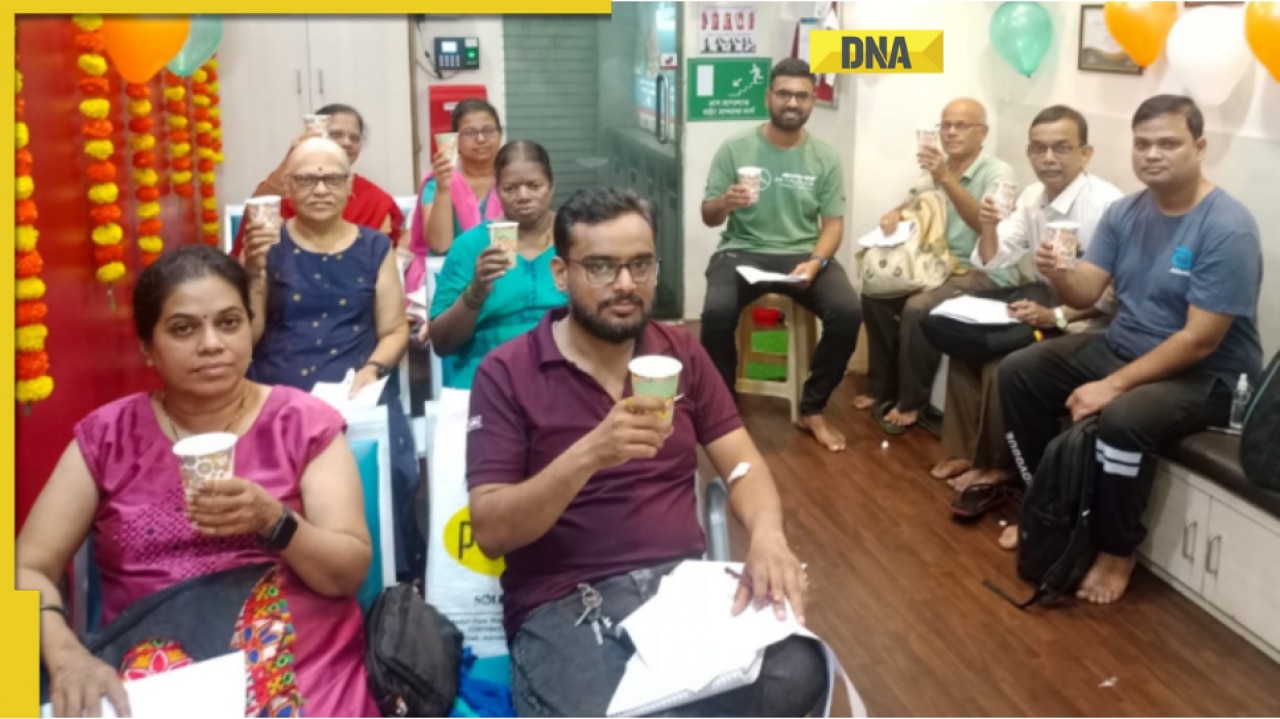






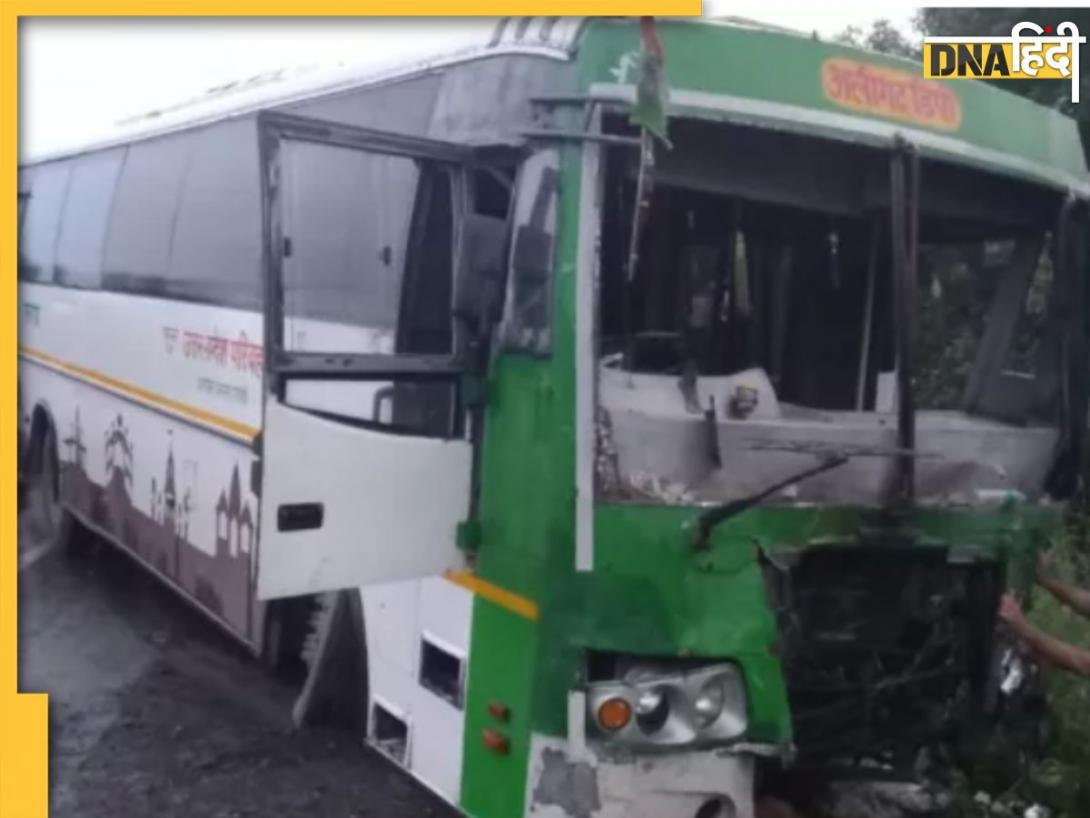
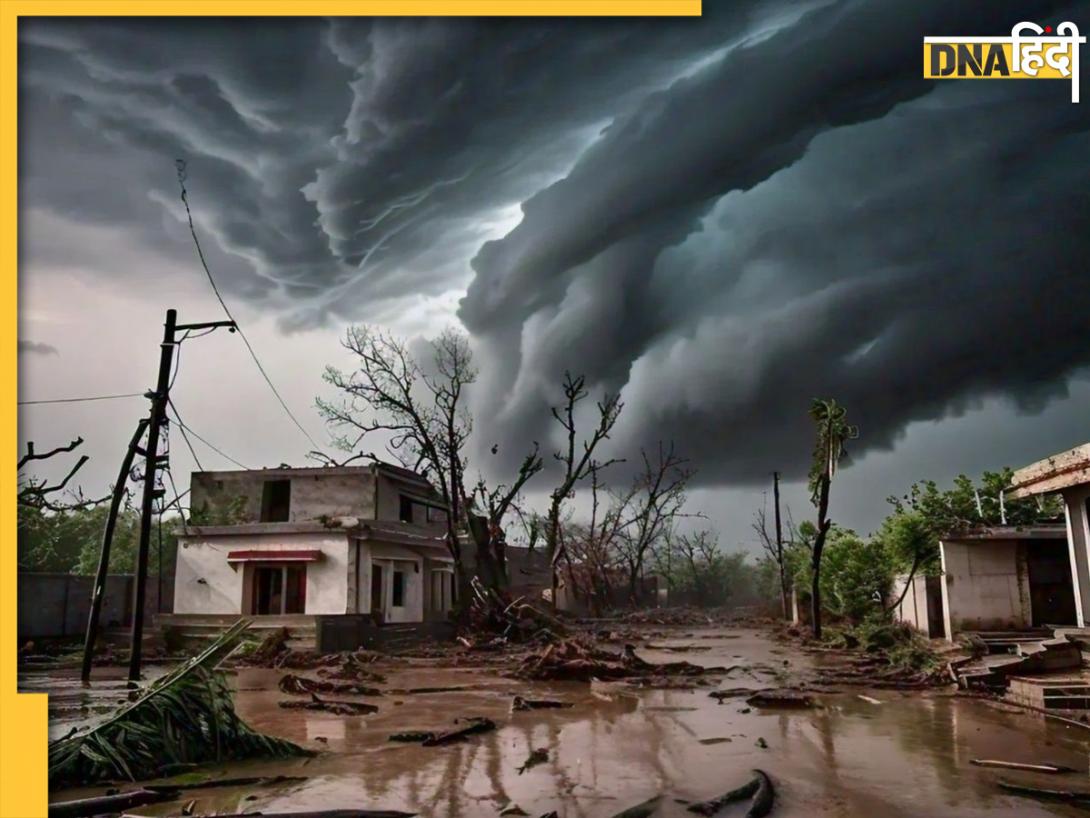













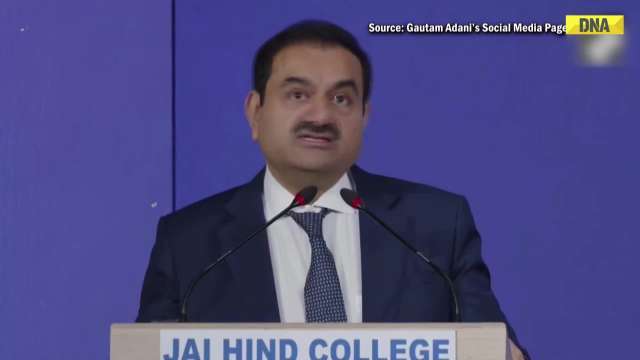


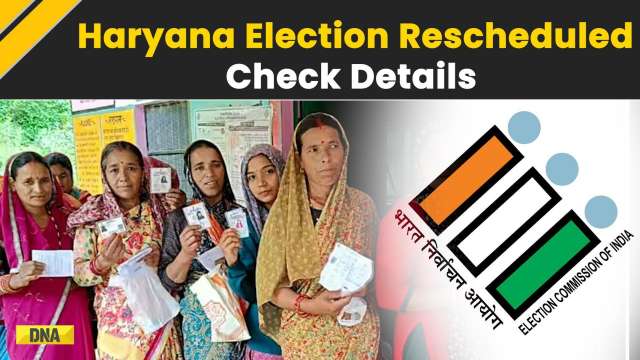










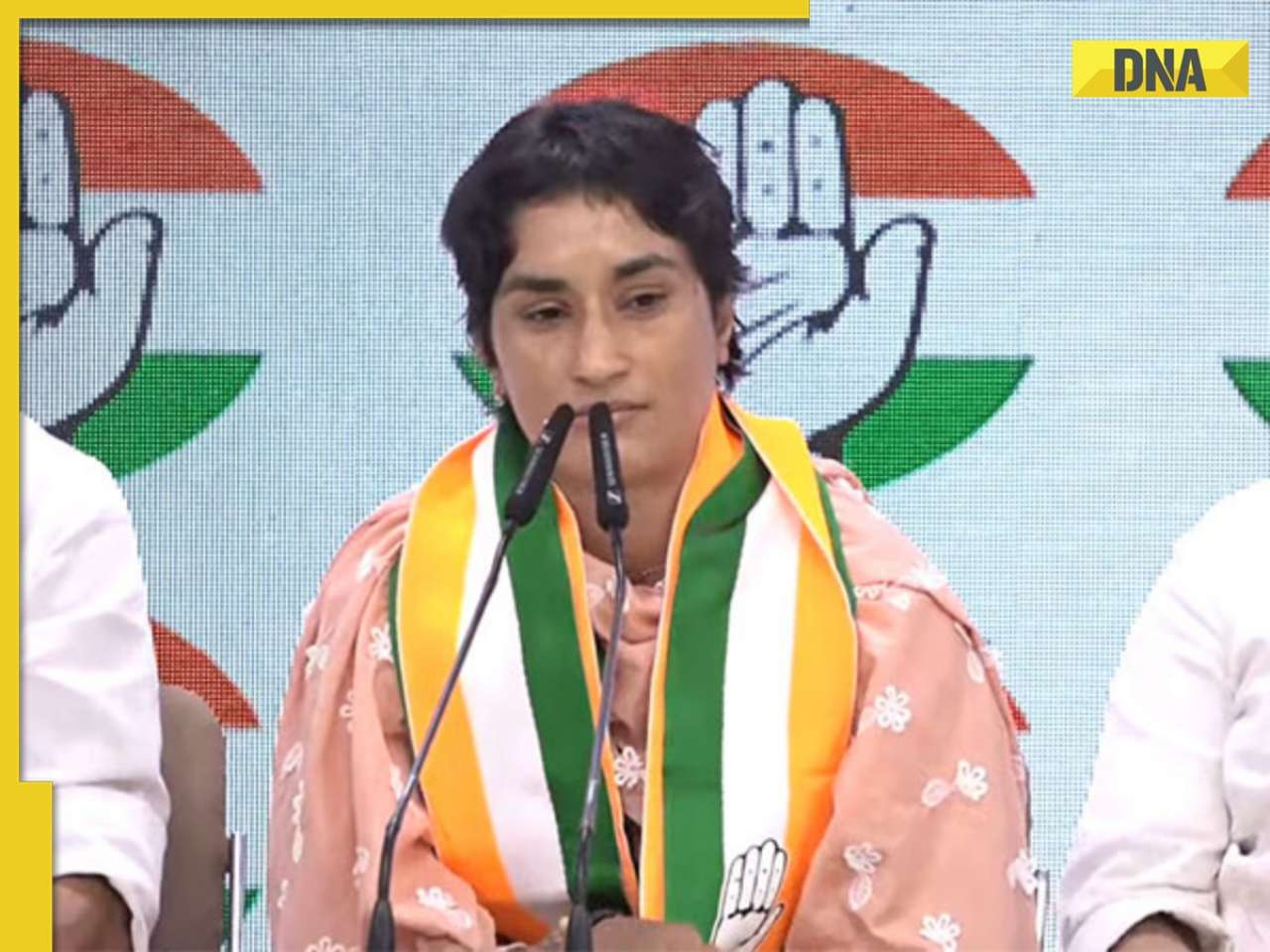

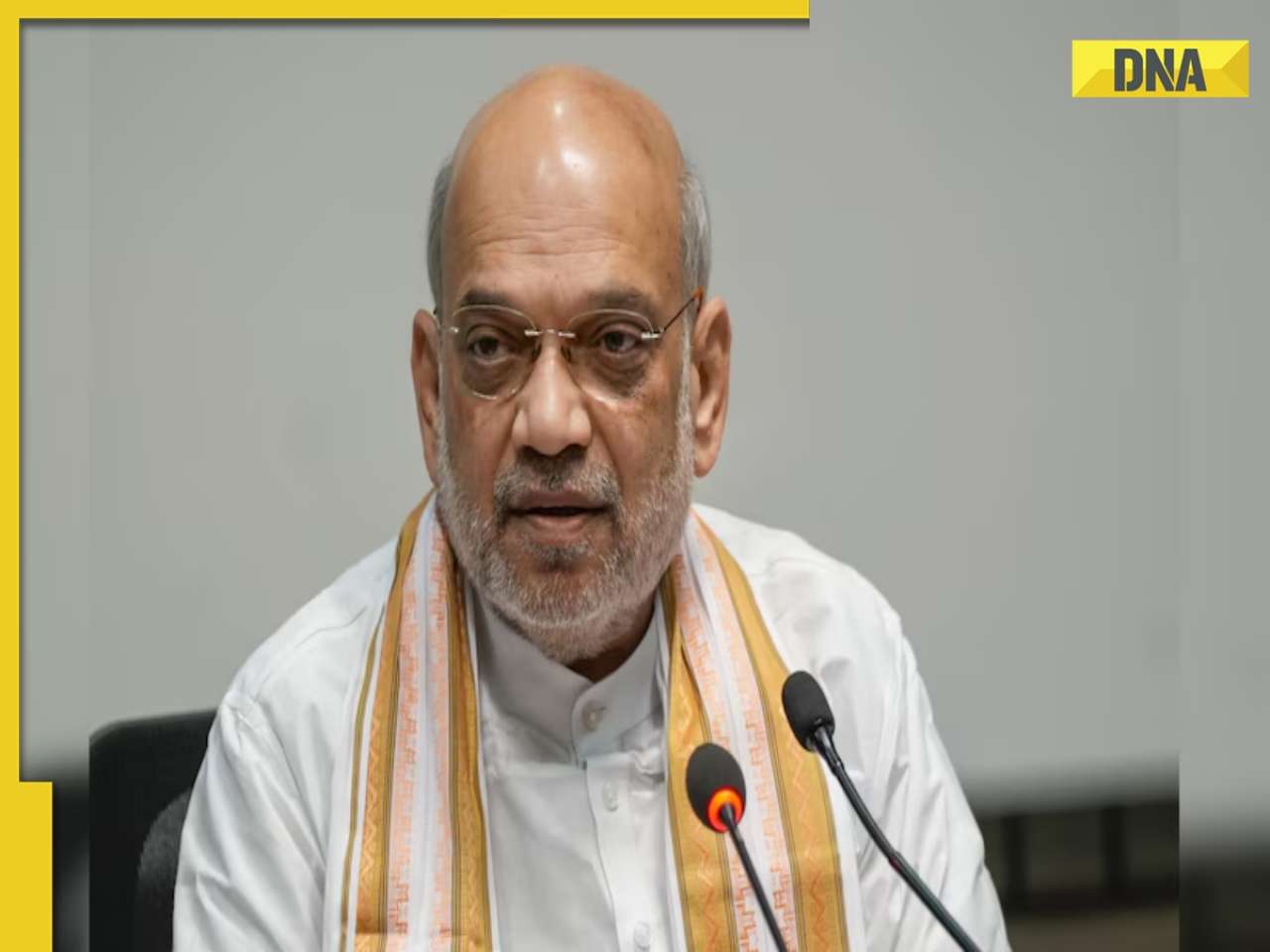


)
)
)
)
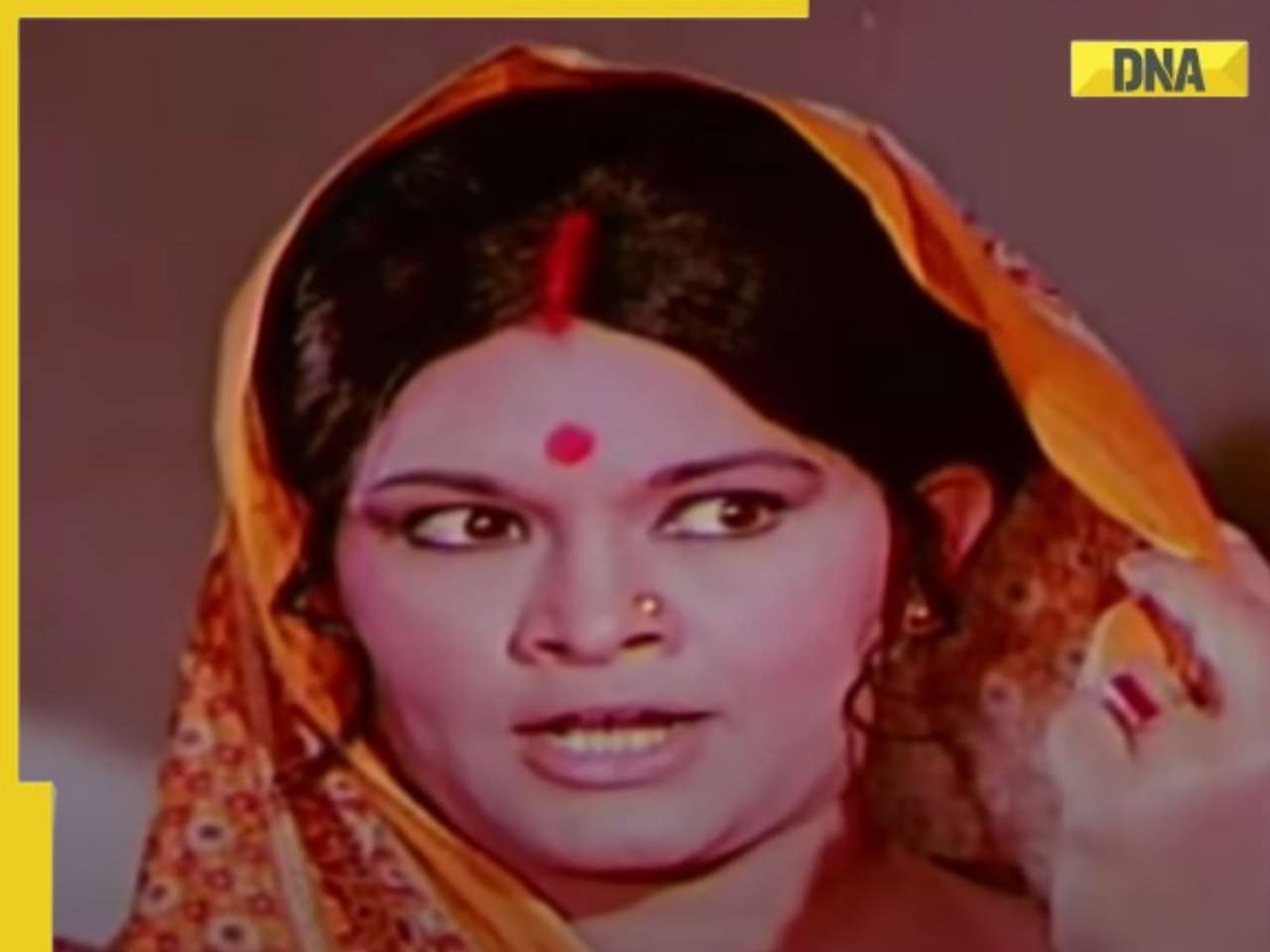)
)
)
)
)
)
)
)
)
)





)
)
)
)
)
)